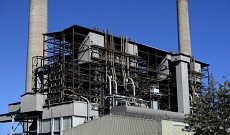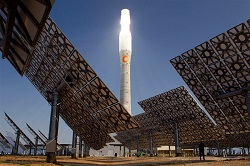1. Coached to cheat!
No I’m not talking about cricket, I’m talking about rugby league, highlighted by a match between the Melbourne Storm and the Cronulla Sharks where 33 penalties were blown, and Cameron Smith, captain of the Storm, Queensland and Australia was binned for 10 minutes for dissent. I didn’t see it, but I understand Smith made very clear that he did not think he should go.
The fact is that teams had been coached to cheat for years. The NRL had reached the point where they either had to enforce the rules or change them. Players were not standing up before they played the ball, then simply rolling it between their legs. The defending players, back the mandatory 10 metres, were taking off before the ball had cleared the ruck.
If everyone played by the rules, the game would look cleaner, tidier, and would be more open. However, players had been coached to ignore the referees, who typically gave a couple of penalties, then put the whistle in their pocket. The public called for consistency. Now they are getting it, some don’t like it. However, if the referees give in now, then we may as well give up on the rules. Continue reading Saturday salon 1/4 →
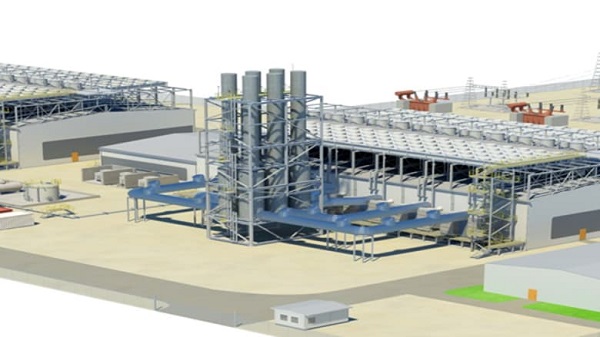

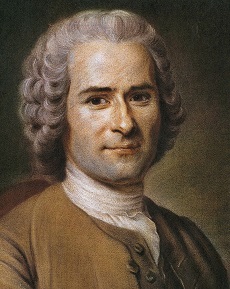
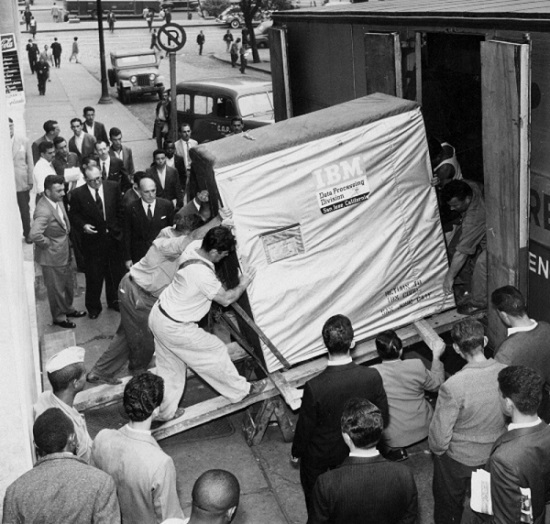


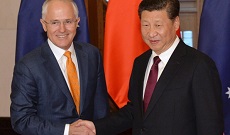 When Malcolm Turnbull became Prime Minister, Chinese media outlets gave him the nickname Tang Bao, which sounds like his surname and means sweet dumpling,
When Malcolm Turnbull became Prime Minister, Chinese media outlets gave him the nickname Tang Bao, which sounds like his surname and means sweet dumpling, 